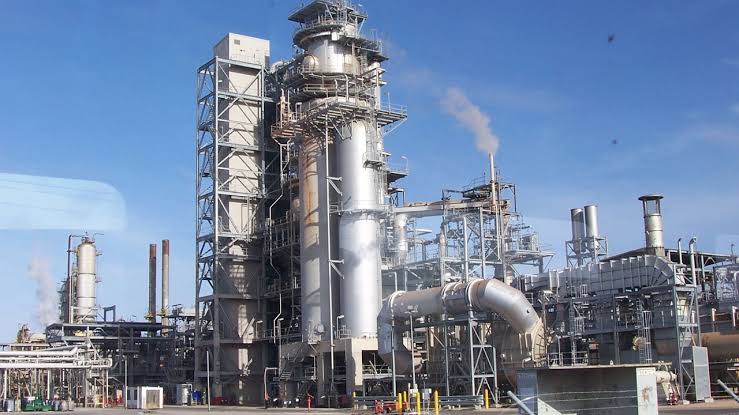The Nigerian National Petroleum Company Limited (NNPCL) and Dangote Refinery have disagreed over the pricing of petrol supplied by the refinery. The first lifting of the product from the refinery by NNPCL was done at N898 per litre, but Dangote Refinery described the claim as “misleading and mischievous”.
Dangote Refinery stated that the initial supplies were sold at N898 per litre because the crude was imported for refining, and the price was reflective of the dollar equivalence. The company urged Nigerians to disregard the “malicious statement” and await a formal announcement on pricing by the Technical Sub-Committee on Naira-based crude sales to local refineries.

However, Nigeria’s fuel shortage may linger due to a 38.8% shortfall in the first delivery of premium motor spirit (PMS) from Dangote Refinery to NNPCL. The refinery was scheduled to deliver 25 million litres of petrol but could only deliver 16.8 million litres.
NNPCL confirmed the shortfall, stating that they had loaded over 70 trucks with 16.8 million litres of petrol at N898 per litre. The company pledged its commitment to the deal, saying everything was going according to the terms and conditions signed by both parties.

Oil Marketers Seek Direct Access
Independent Petroleum Marketers Association of Nigeria (IPMAN) lamented that the continued closure of NNPCL’s Retail portal meant they would not be able to get access to petrol supplied by Dangote Refinery through NNPC. IPMAN sought direct access to the refinery, stating they had the highest number of filling stations and would be the best partners for the refinery.
Dangote Refinery aims to meet domestic demand and export surplus products. The refinery has a capacity to produce 54 million litres of PMS daily, with 44% meeting the entire requirements of Nigeria and 56% for export.
E-call up System Implementation
Meanwhile, the Lagos State government announced the commencement of the e-call up system to manage truck movements within the Lekki-Epe corridor from next week. The system aims to prevent chaotic traffic situations caused by indiscriminate parking and movement of trucks within the corridor.

































